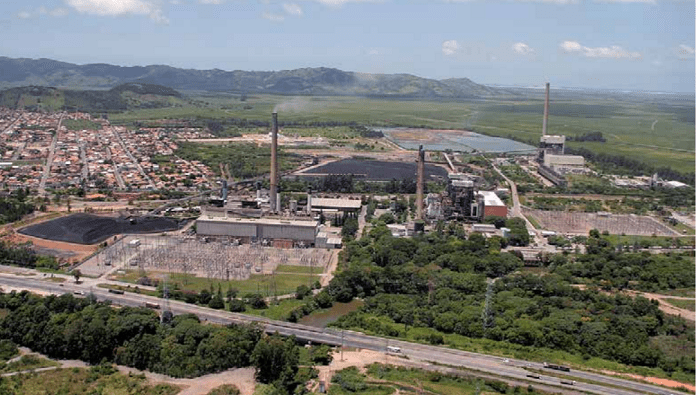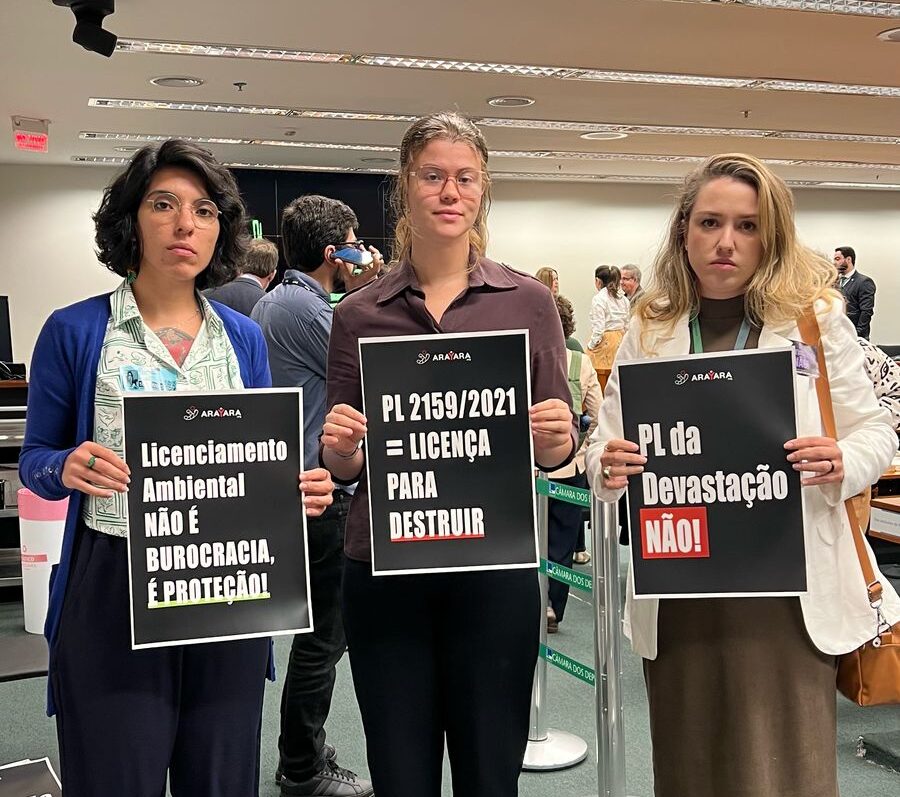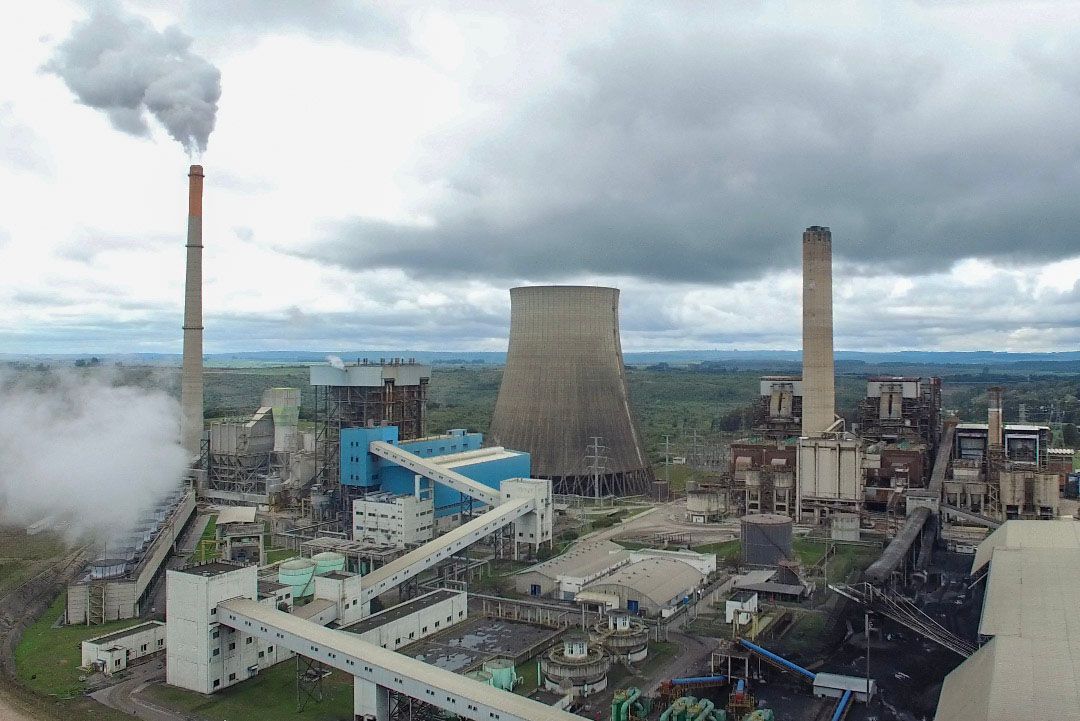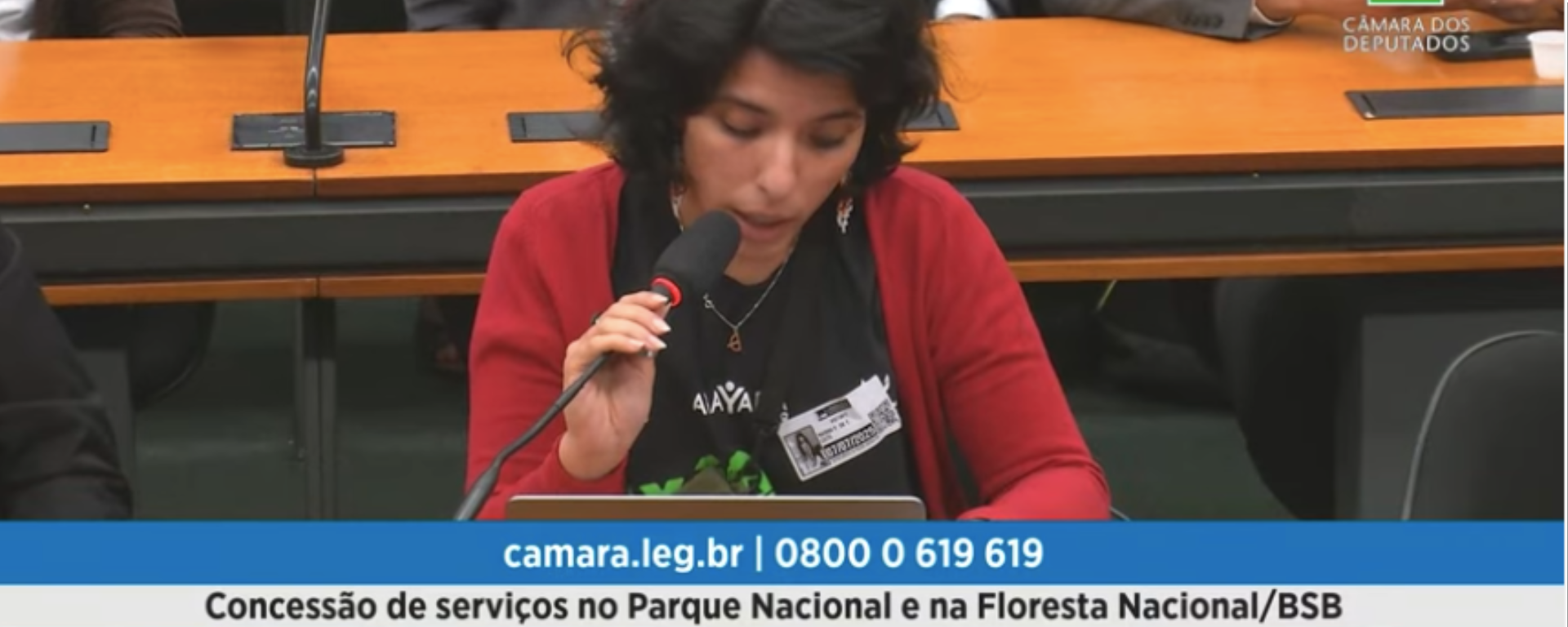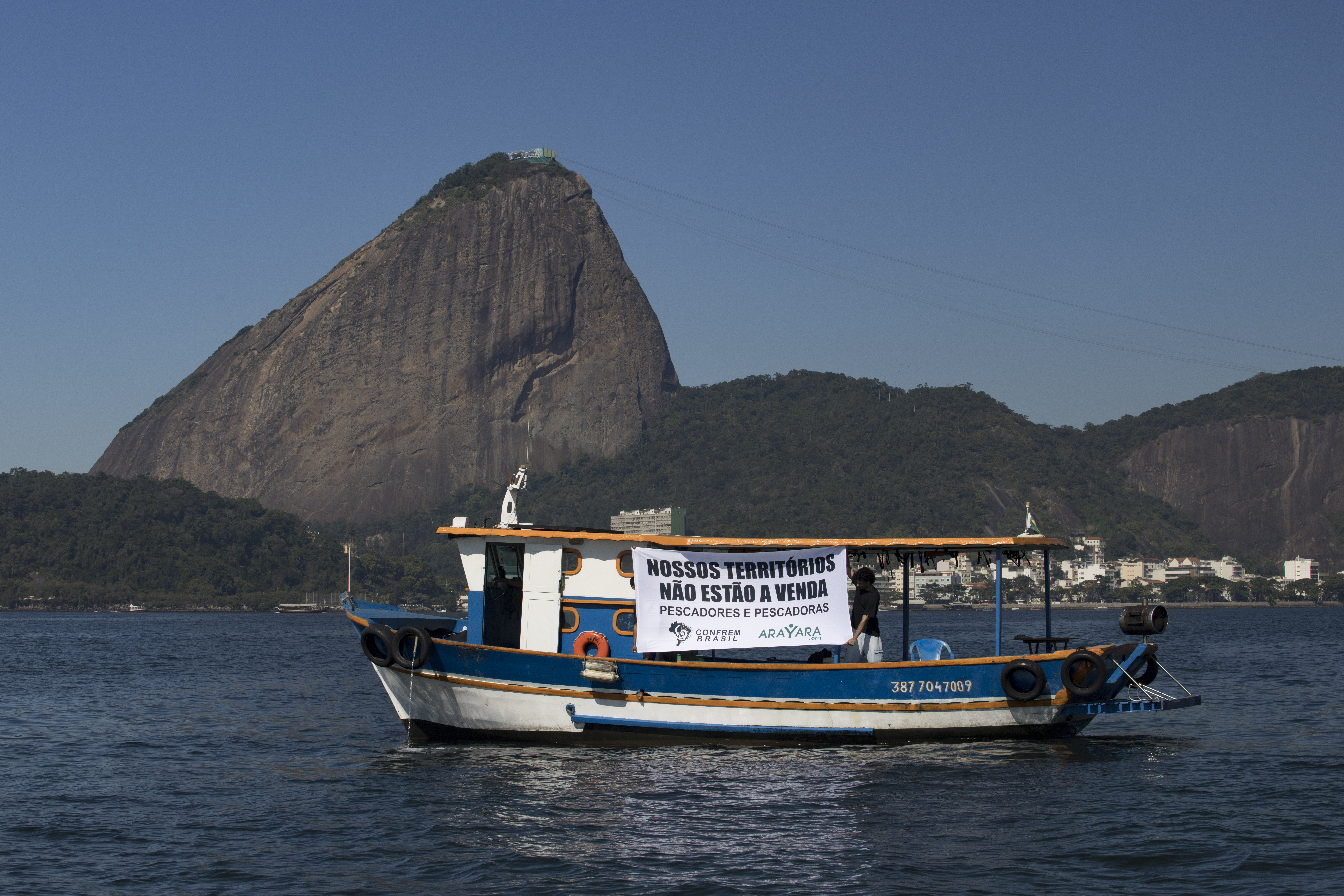Limited housing options for 50,000 people create opportunities for rentals reaching R$2 million
Por
— Rio de Janeiro and Belém
13/03/2025 07h32
13/03/2025
Helder Barbalho — Foto: Vanessa Carvalho/Valor
With eight months remaining before the 30th UN Climate Conference (COP30), scheduled for November 10–21 in Belém, Pará, the capital is already feeling the effects of a “rush” in the real estate market. The city is grappling with a shortage of accommodation, rising lodging demand, and speculation in rental prices, which is also affecting local residents. Reports indicate that landlords are terminating leases to make properties available for the event, reducing the number of properties for sale.
The total number of visitors is estimated to reach up to 50,000 at the event’s peak when heads of state meet. Belém, with a population of 1.3 million, is the 12th largest city in Brazil.
Civil society representatives expressed concerns to Valor about Belém’s capacity to host the entire conference and, more importantly, whether the local population and delegations from poorer countries will be able to afford the accommodations. NGOs have warned that COP30 is shaping up to be one of the most expensive in the last decade in terms of lodging costs. However, the hotel sector maintains that measures have been taken to accommodate the influx of visitors and that the price increases were anticipated.
In an interview during Carnival, Pará Governor Helder Barbalho emphasized that the necessary investments were being made to host the event: “The city is brimming with investments that will leave lasting legacies,” he stated. “We are absolutely certain that we will present Belém as a welcoming hub for environmental discussions.”
As of Friday (March 7), the highest-priced rental listings on platforms like Booking.com and Airbnb reached R$2 million for a four-person accommodation in a prime neighborhood for the entire duration of the COP. More modest accommodations, such as lofts in central or outlying neighborhoods that accommodate up to two people, are priced over R$80,000 for the ten days of the conference. Meanwhile, apartments for two adults range from R$100,000 to R$200,000 for the same period.
According to the Brazilian Hotel Industry Association of Pará (ABIH-PA), the average daily rate for the hotel sector during COP30 is expected to be US$500 (R$2,900) in Belém. In contrast, the average daily rate for March 16, according to a Valor survey of ten three- to five-star hotels in central Belém, is about US$80. Notably, none of these hotels have availability for November.
Two hotels within a 5 km radius of the Hangar Convention Center—the venue for most of COP30’s official events—are charging daily rates between 20 and 60 times the typical price. One hotel, located 3.9 km from the Hangar and with no star rating, lists a “single” room for R$180 in March. However, this rate spikes to R$10,800 on November 10, making the total cost for the ten-day event R$118,000. Another two-star hotel, located 4.5 km from the Hangar, charges R$195 for March 16 and R$4,000 for the first day of the conference.
The infrastructure challenges in this Amazonian city prompted the federal government to announce R$5 billion in credit lines through the Brazilian Development Bank (BNDES) in 2023 to boost Belém’s infrastructure. More than 20 major structural projects are currently in progress.
In response to rising accommodation prices, the Extraordinary Secretariat for COP30 (Secop), part of the President’s Chief of Staff and tasked with organizing the event alongside the Pará state government, issued a statement confirming that price hikes are being monitored in collaboration with federal, state, and municipal authorities, as well as consumer protection agencies and inspection bodies. The government is working to expand and diversify accommodation options to ensure more accessible and fair pricing. Additionally, the federal government revealed it is nearing completion of a contract for an official accommodation platform to be used by both the host country and the UN, which is expected to launch by the end of the month.
According to the latest survey from Belém’s city hall, the city currently offers 18,000 hotel beds but will need to double this capacity to meet demand. The federal, state, and municipal governments and the private sector are coordinating several initiatives to accommodate more than 50,000 participants. These include negotiating the use of cruise ships as floating hotels, refurbishing 17 schools to serve as hostel-style accommodations, and constructing the COP30 Village, which will house heads of state and delegations. Located near Parque da Cidade, where the event will take place, the COP30 Village will feature 405 suites and will be repurposed into an administration center after the event.
The measures to accommodate the influx of visitors to COP30 include expanding Belém’s hotel network with four new international hotel group developments catering to the A and B markets. Additionally, partnerships with platforms such as Booking.com and Airbnb are facilitating training for property owners looking to become new hosts. Airbnb stated that accommodation prices are set by the hosts, who have full autonomy to manage their listings, including defining availability and nightly rates. Similarly, Booking.com clarified that it does not influence booking pricing, with accommodation partners controlling all pricing policies.
Hotel industry representatives in Belém argue that the prices charged during COP30 reflect the high demand and the operational requirements of hosting such a major event. Spokespersons from the Brazilian Hotel Industry Association of Pará (ABIH-PA) and the Pará Hotels, Restaurants, Bars, and Similar Trade Union deny any price manipulation, suggesting that speculation in the informal accommodation market has led to public misunderstandings of the actual rates.
Tony Santiago, president of ABIH-PA, emphasized that the hotel industry adheres to international pricing standards and has invested in necessary upgrades to accommodate foreign delegations. “I don’t think it’s excessive for a three-star hotel on one of Belém’s main avenues to charge US$200 [R$1,160] per night,” Santiago said. “The average daily rate during COP30 is US$500 [R$2,900], which is driven by specific needs of the delegations, such as high-quality internet, 24-hour medical aid, elevator and IT technicians, and stringent food and beverage standards.”
While ABIH-PA noted that it doesn’t have information on Belém’s average hotel rates in 2024, it explained that the average daily rate for COP30 is more predictable, as hotels only sell reservations for the conference during these set dates. In contrast, regular rates fluctuate based on demand.
“The decision to host COP30 in a city with limited hotel availability has naturally led to higher prices,” said Fernando Soares, legal advisor to the Pará Union of Hotels, Restaurants, Bars, and Similar. “This is a natural market reaction. The issue of regulation should have been addressed earlier. There’s no way to intervene because we are talking about a private sector, where each business sets its prices according to its operating costs.”
In Belém, property owners are prioritizing short-term rentals and adjusting lease agreements to take advantage of the high demand surrounding COP30. Brokers report that many owners are choosing not to renew long-term leases, instead capitalizing on the event’s surge in visitors. “Many prefer to rent out their properties during the event,” says Carlos Netto, a real estate broker in the capital of Pará.
Realtor Franciele Minhoto highlights the steep rise in temporary rental prices, noting, “Daily rates range from R$2,000 to R$20,000, with some agents charging in dollars.” Ms. Minhoto has also noticed a shift in the types of landlords, “I’ve had clients who gave up selling in favor of renting during COP.”
Representatives from civil society groups that typically attend UN climate conferences report difficulty securing rentals in Belém, citing higher prices compared to previous COPs, including those in Baku (COP29), Dubai (COP28), and Egypt (COP27).
“It’s one of the most expensive COPs in terms of accommodation we’ve attended in the last decade,” says Claudio Angelo, international policy coordinator at the Climate Observatory. Délcio Rodrigues, executive director of the ClimaInfo Institute, attributes the rise in accommodation costs to the growing significance and scale of the event. However, he notes that COP30 surpasses even those of recent years in terms of price inflation.
“In Baku, Azerbaijan, prices started rising last year, but the government intervened, and accommodations became expensive but still acceptable, similar to Dubai,” Mr. Rodrigues explains. “Dubai had better occupancy rates, though.” The ClimaInfo Institute, which has three representatives accredited for the negotiations, has secured lodging for them but is still searching for housing for 10 additional staff members.
Luciane Moessa, founder of the Sustainable Inclusive Solutions (SIS) association, shared her experience with rising prices, stating that a reservation she made was later canceled by the platform, only for the price to quadruple. “At COP Egypt, property owners inflated prices by five times, but in Belém, it’s off the charts, 10 times higher than usual.”
Juliano Bueno, director of the Arayara Institute, noted that their organization is preparing for COP30 by establishing a parallel event center, creating a safe space for activists, and providing affordable accommodations through a “social hotel.” “Prices in Belém are 30% to 40% higher than at the last COP,” said Bueno.
(Paula Martini contributed reporting from Rio de Janeiro.)
Translation: Todd Harkin
Fonte: Valor International
Foto: reprodução: Helder Barbalho — Photo: Vanessa Carvalho/Valor


